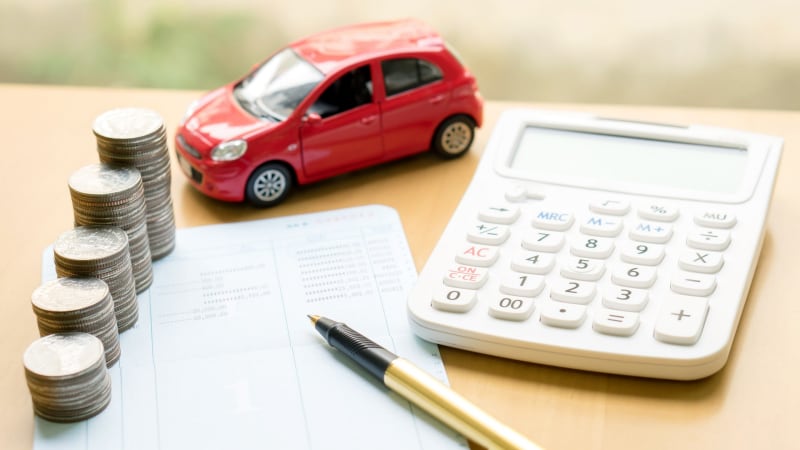What to know about car titles, liens and lien releases

Quick insights
- A car title is a document stating the legal owner of the vehicle.
- A lien is a lender’s legal claim to your vehicle prior to your loan being paid off.
- A lien release refers to the removal of a lien on your title once you pay off your car in full.
Car titles, liens and lien releases—if this is your first time buying a car and these terms are brand new, there’s no need to worry. We’ll dive into what these terms mean and when you can expect to find them when making your purchase.
To start, what is a car’s title?
There’s a lot of required paperwork when you purchase a car, including a document called a title, which is a legal declaration of who owns a piece of property. For our purposes, this piece of property will be your car.
If you buy a car it will have to be registered under your name at the Department of Motor Vehicles (DMV). However, if you choose to finance, your lender will hold a lien on your car until you’ve satisfied the terms of your loan.
What is a lien?
In short, a lien is a legal claim to someone’s property. Anyone who finances a vehicle purchase will likely have a lien on the financed property. If you satisfy the terms of your agreement, the lien will be removed, and you’ll own the property “free and clear” as they say. The lien assures the lender that if payments aren’t made as agreed, they have a right to take the property in question and can sell it to minimize their losses.
When you finance a car, it will have a lien on its title until the loan is paid off in its entirety and you’ve satisfied any other terms of the agreement. The lien won’t be something that affects your day-to-day life. The car is yours to drive and maintain so long as you continue to make payments and satisfy the terms of your loan agreement.
If you stop making payments or fail to pay back the loan, your lender can repossess your car with or without notice. Note that you'll typically receive warnings or notices before the car is repossessed.
What is a lienholder?
A lienholder is the person or institution who holds the lien, or legal claim, to your property until the terms of your loan are satisfied. This is usually your lender. For example, if you use Chase as your auto lender, Chase would be the lienholder.
What is a lien release?
A lien release removes the lien claim once the loan is paid in full. When you pay off your loan and fulfill all other aspects of your agreement, your lender will “release” the lien and sign over the title to you. Once this is complete, the car is yours “free and clear.”
In summary
- A title document is a legal declaration of who legally owns a piece of property.
- A lien is a legal claim to someone’s property until they satisfy their end of an agreement.
- When you finance a car, it will have a lien on its title until the loan is paid off in its entirety.
- A lienholder is a person or institution who holds the lien, or legal claim, to your property until the terms of your loan are satisfied.
- A lien release is when the lender confirms the loan is paid in full and removes the lien. Once released, the car is yours, free and clear!



